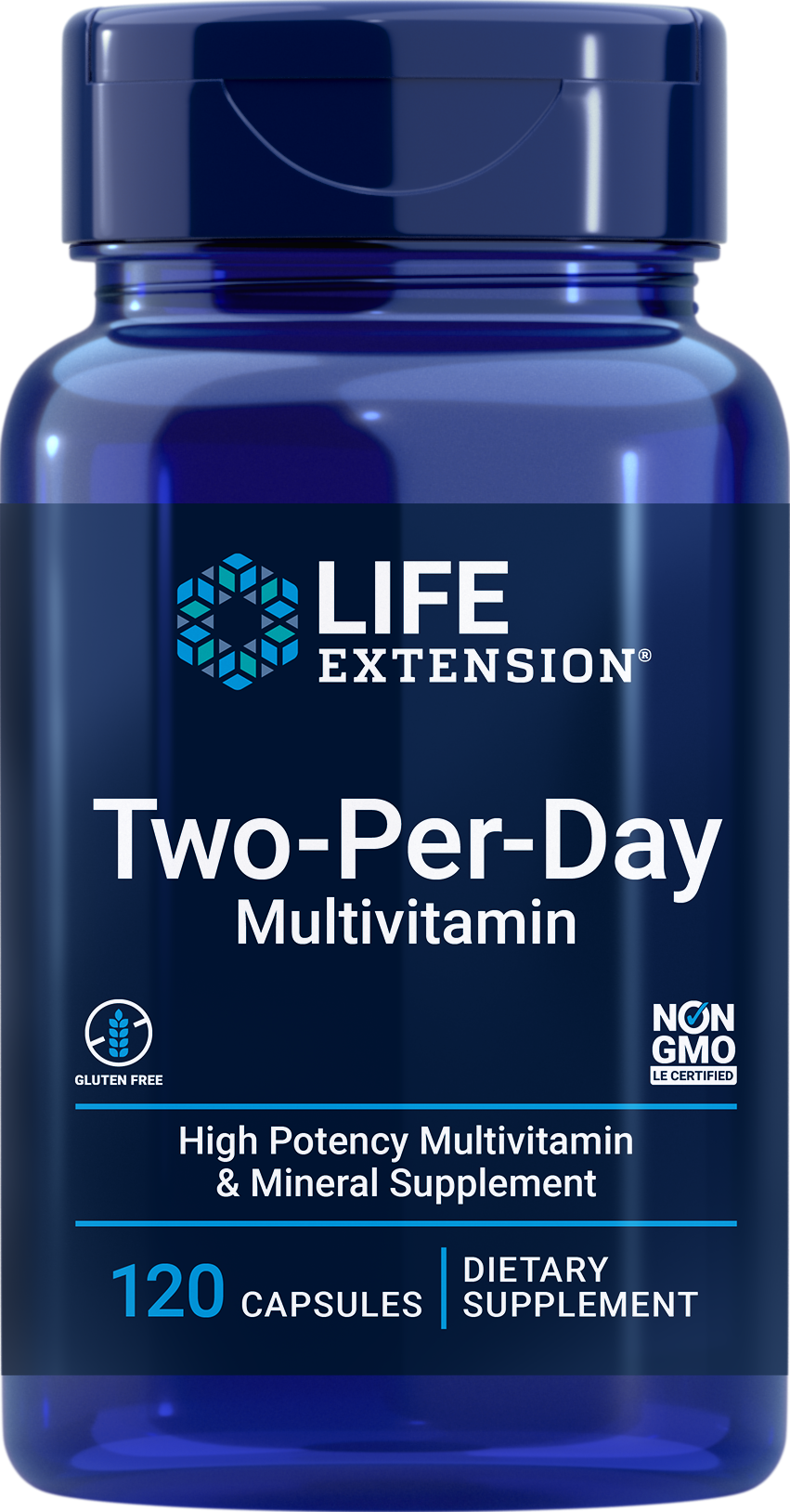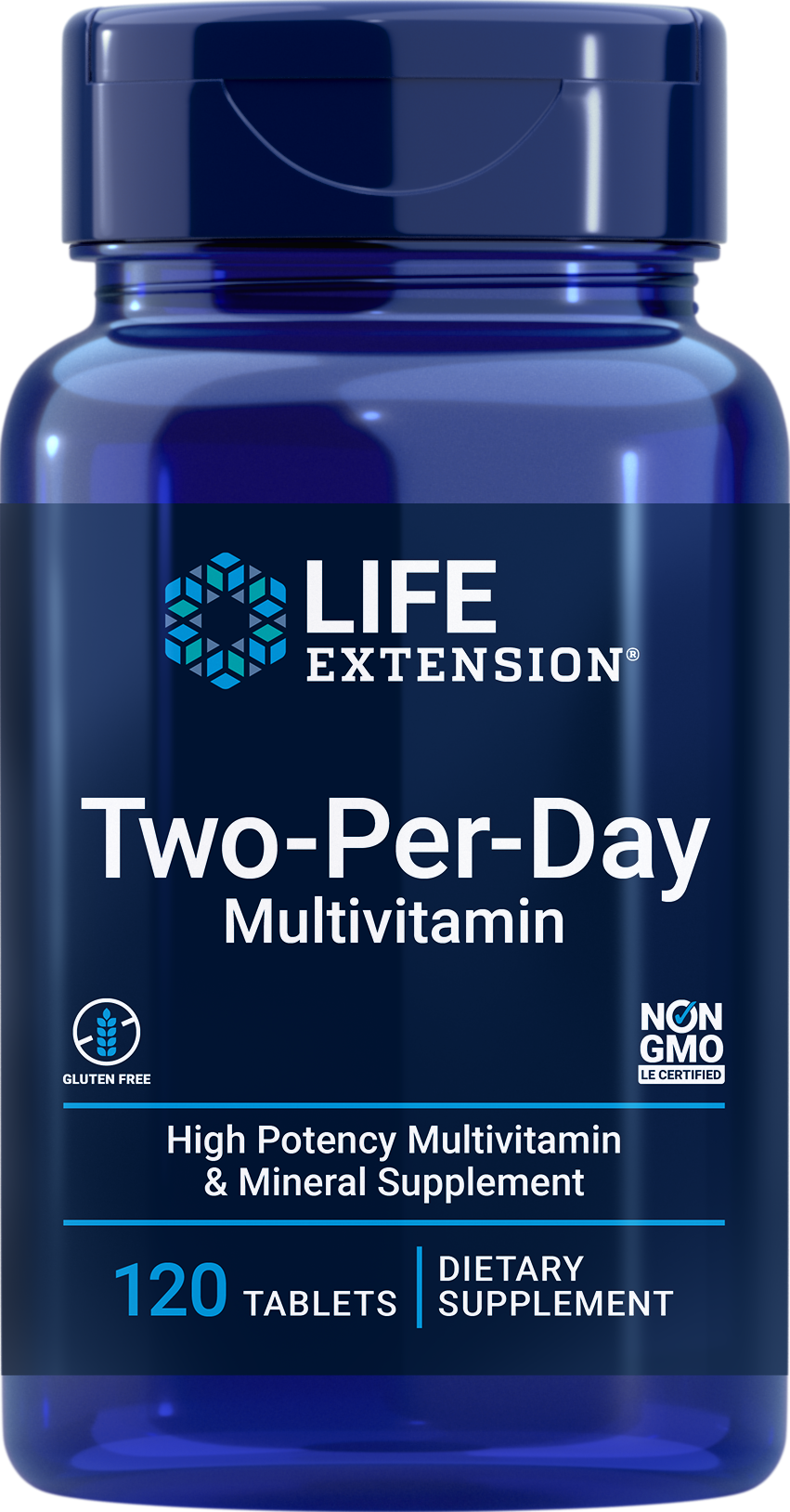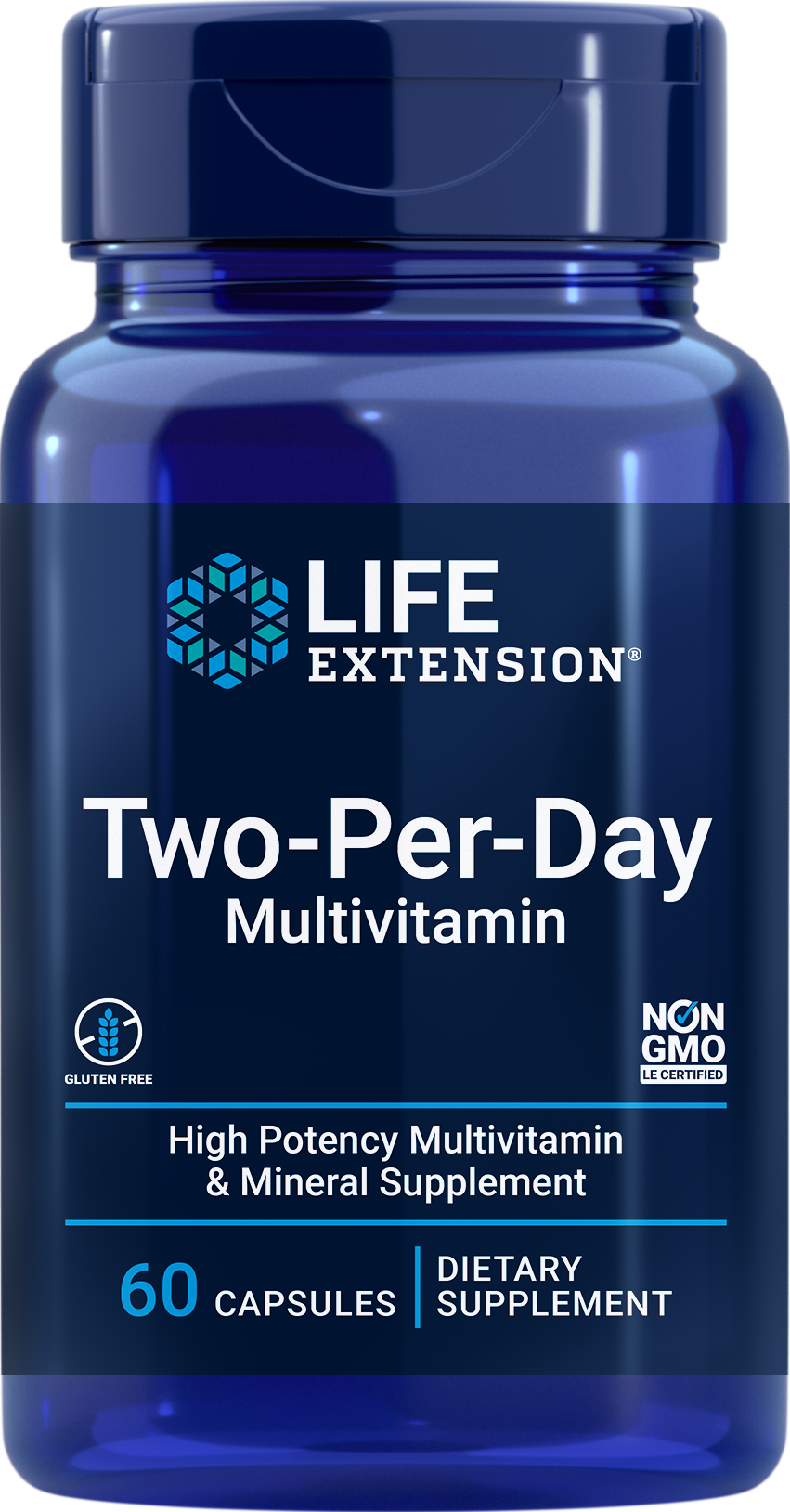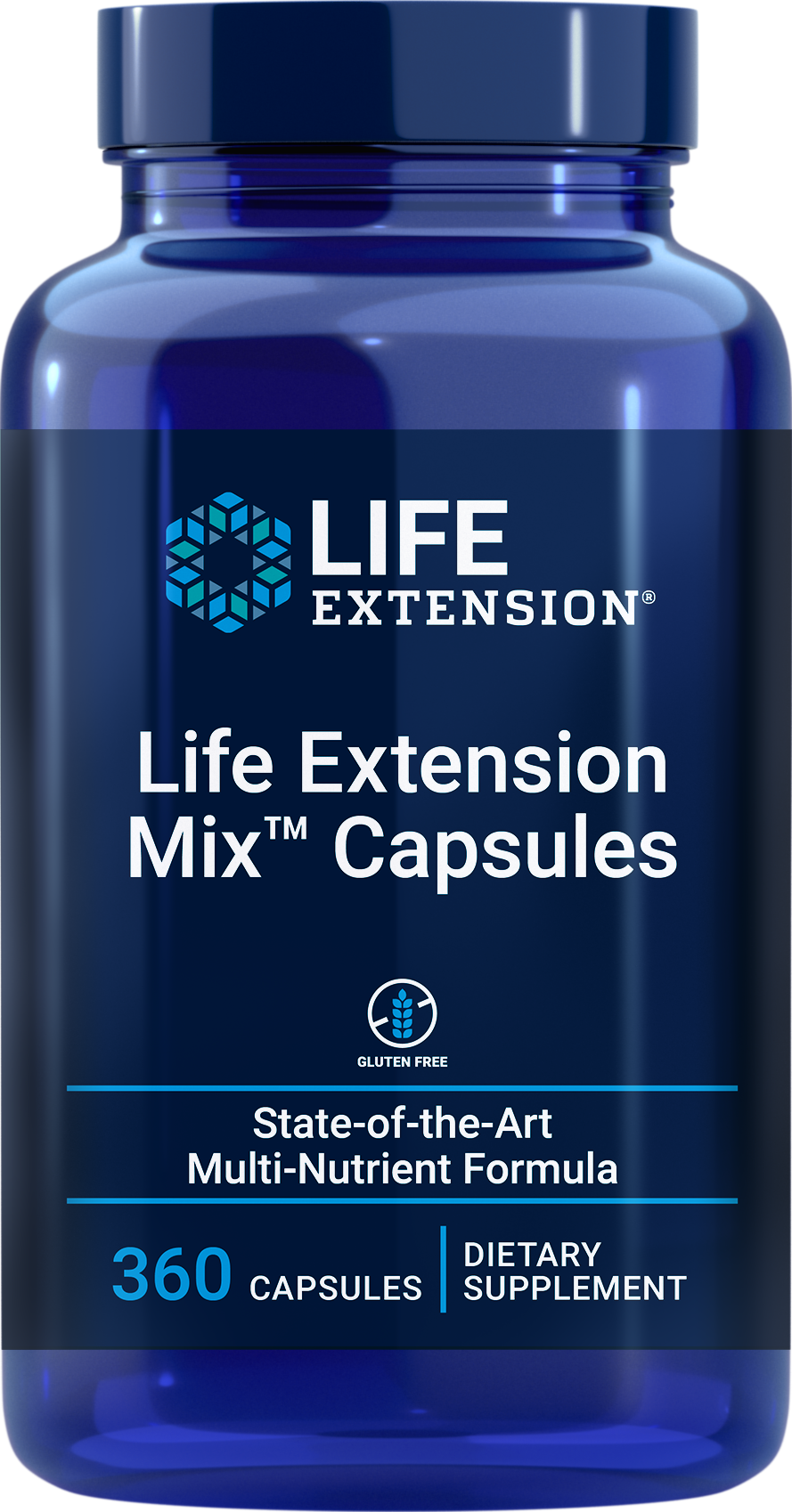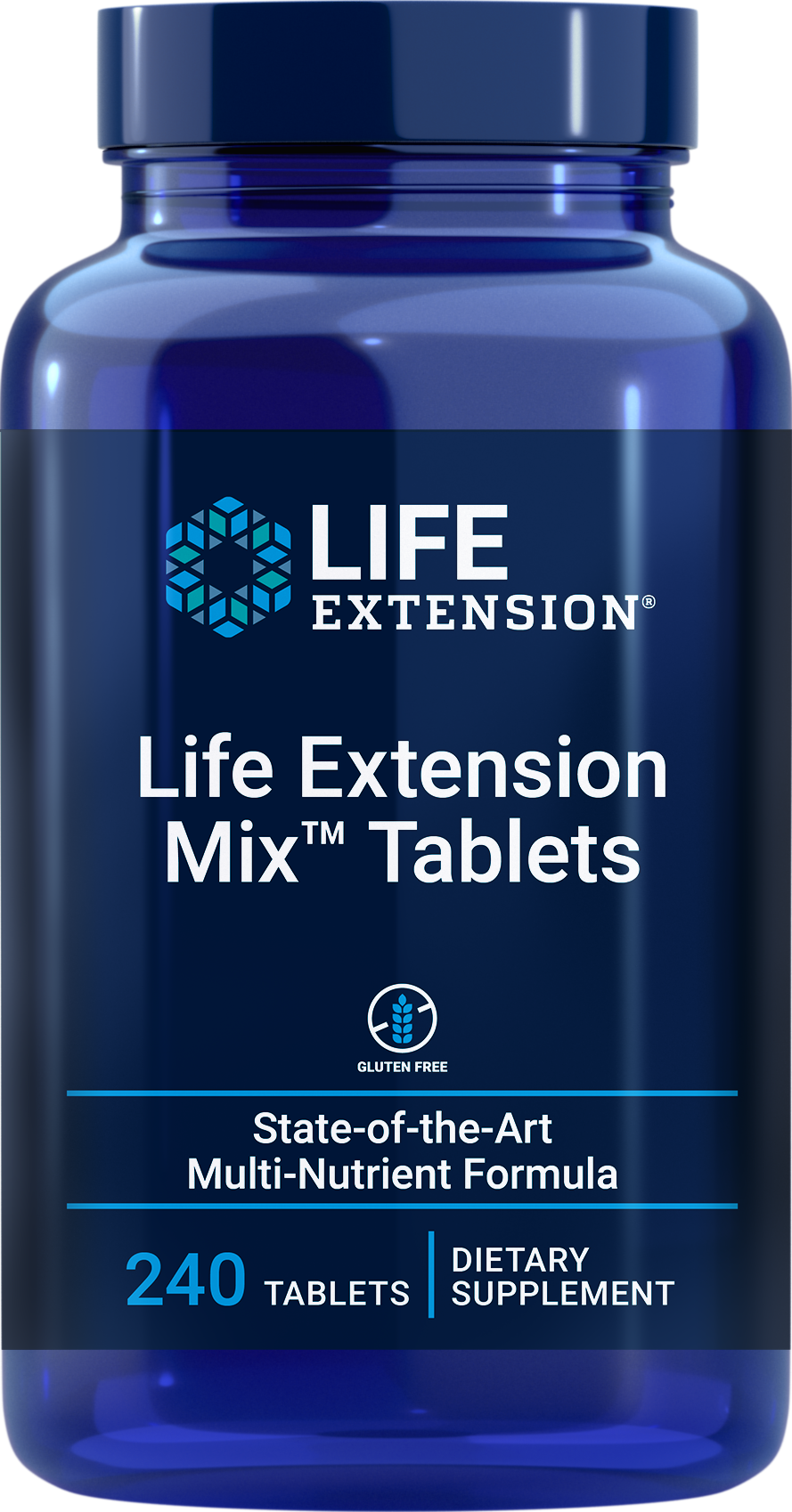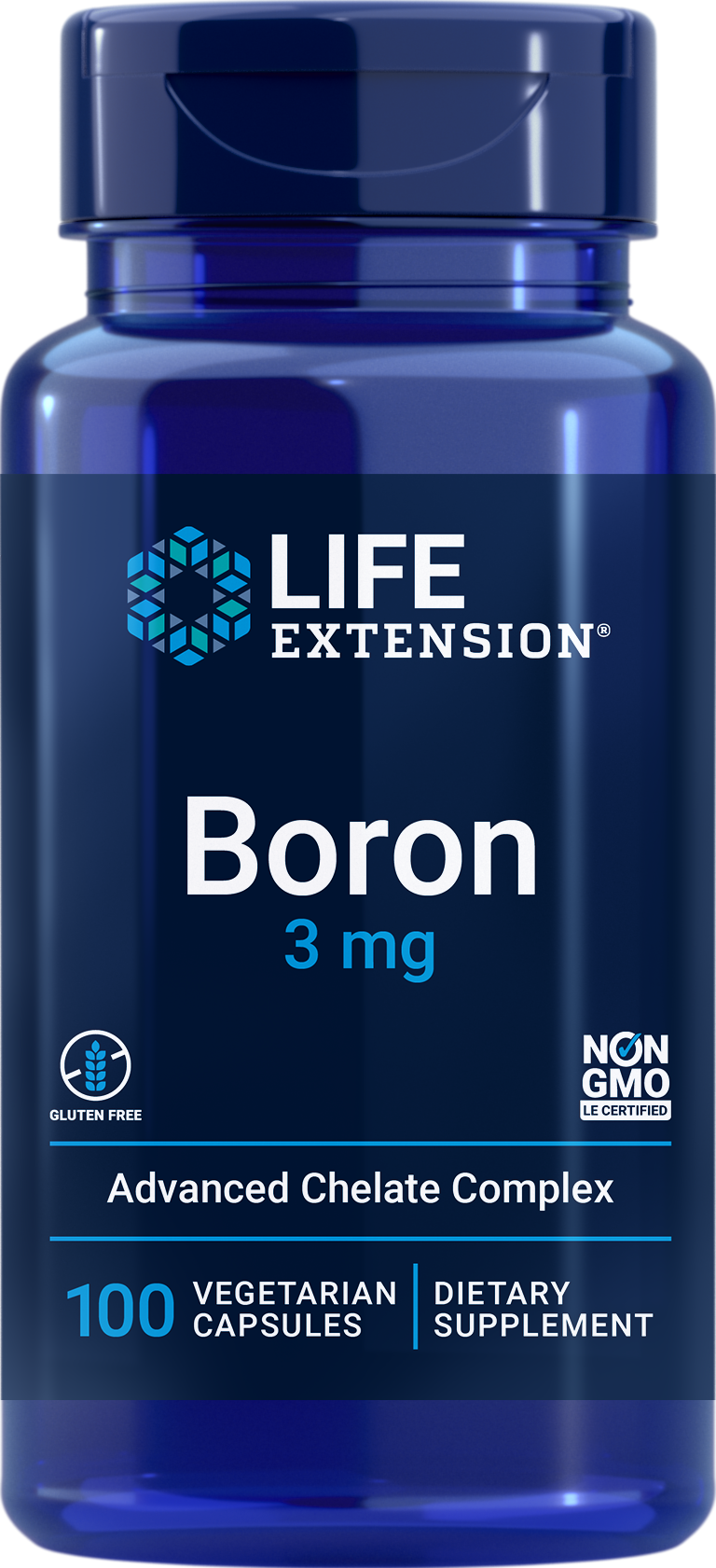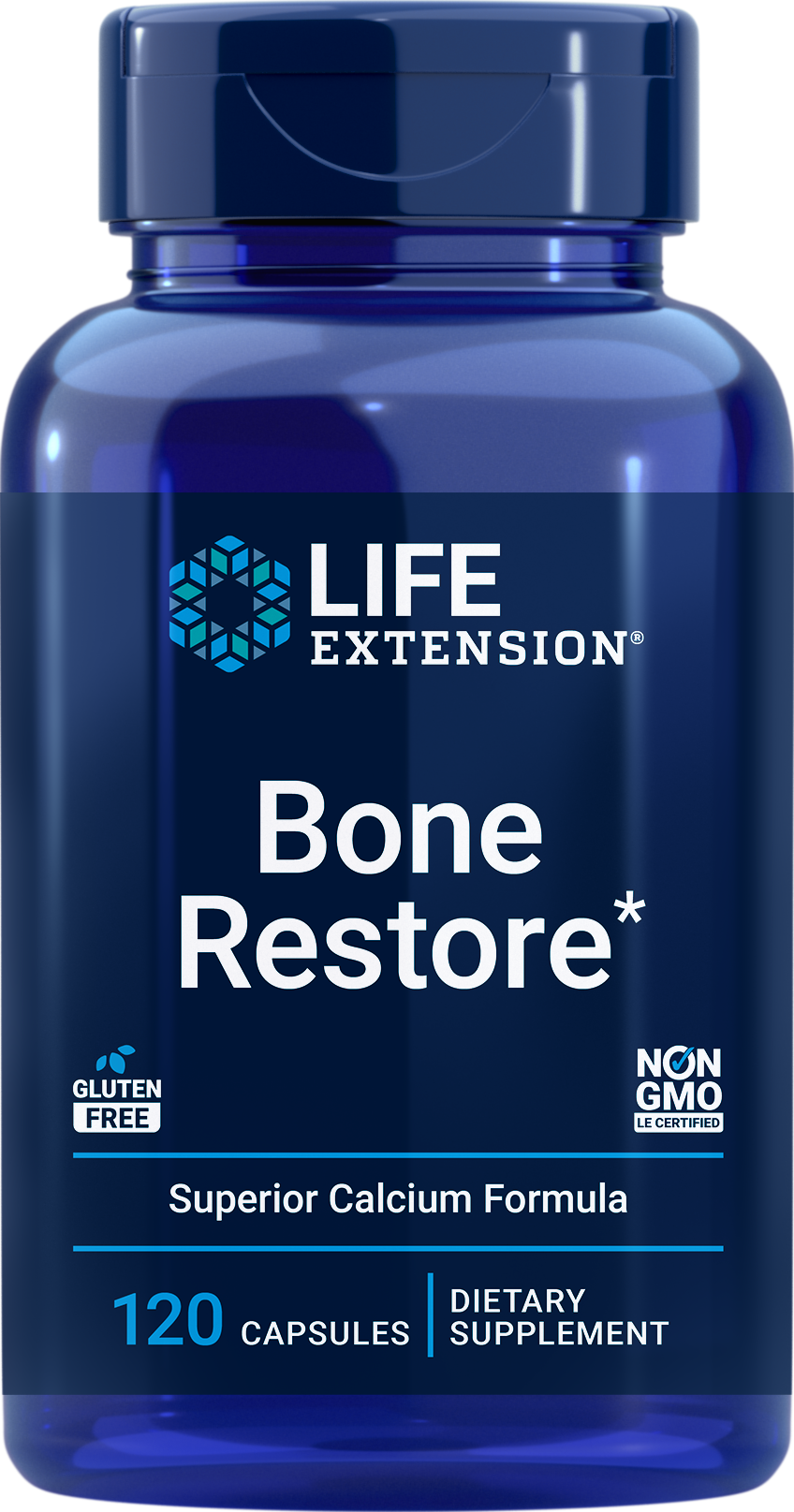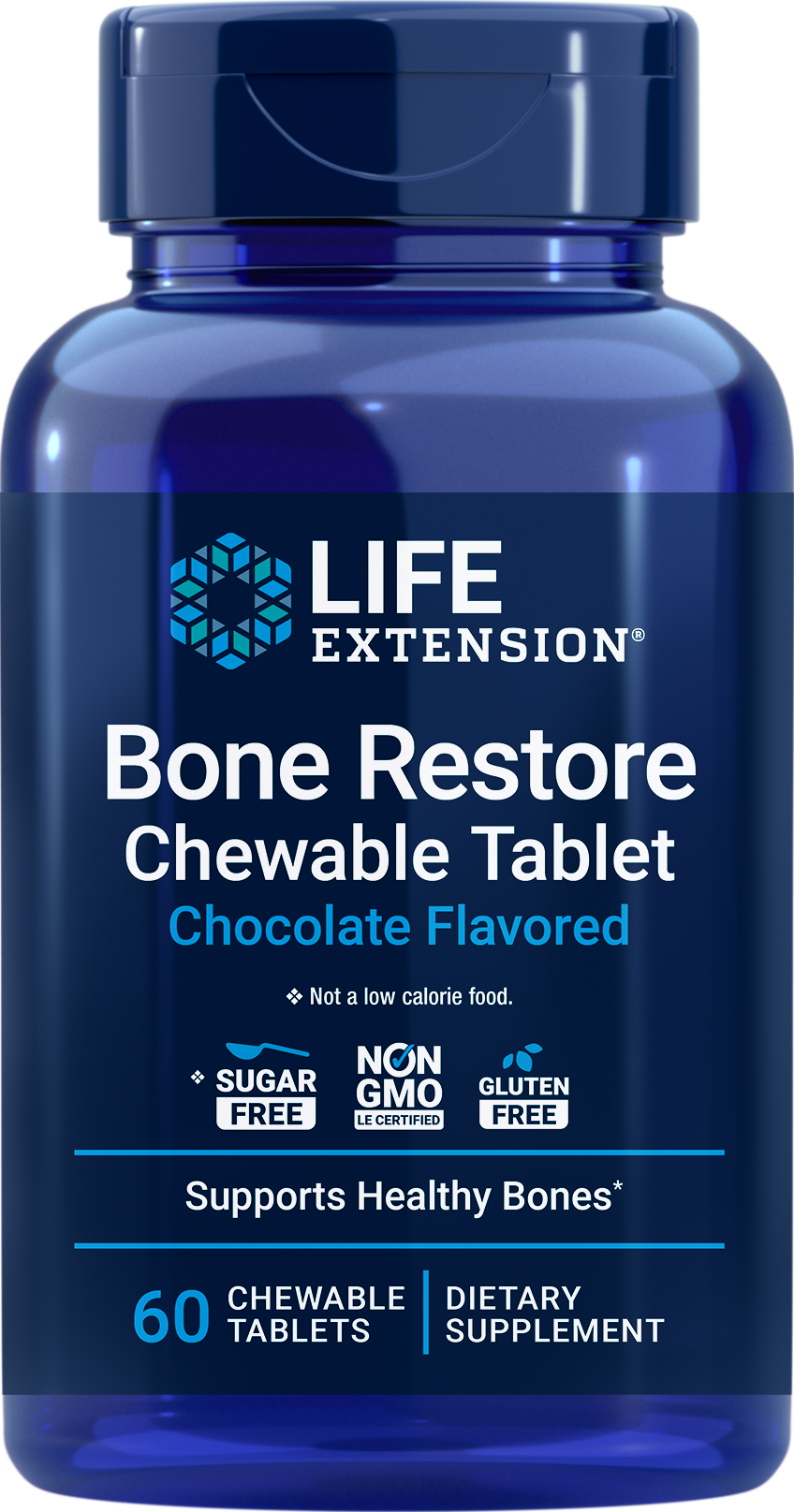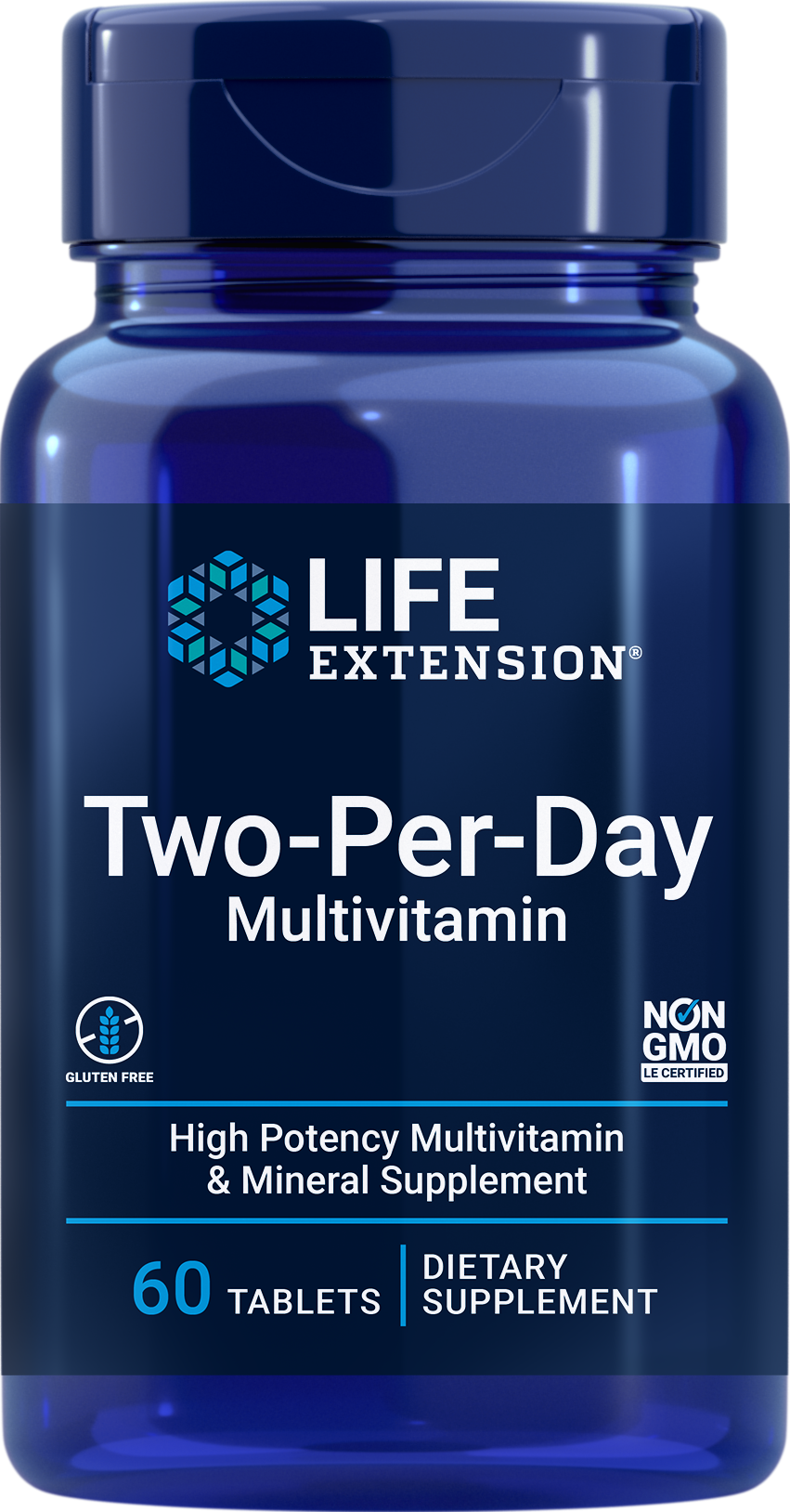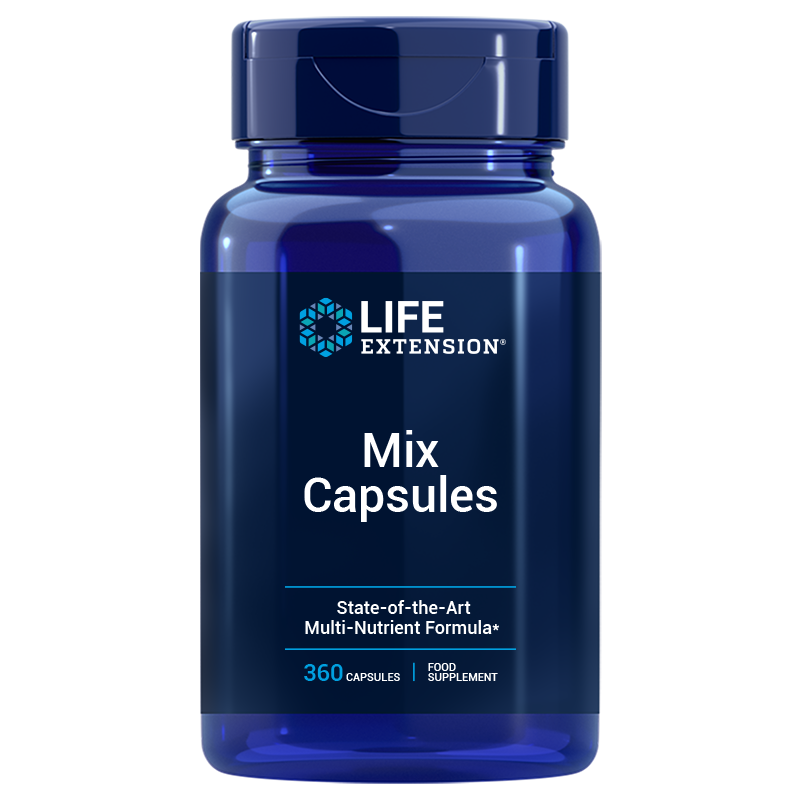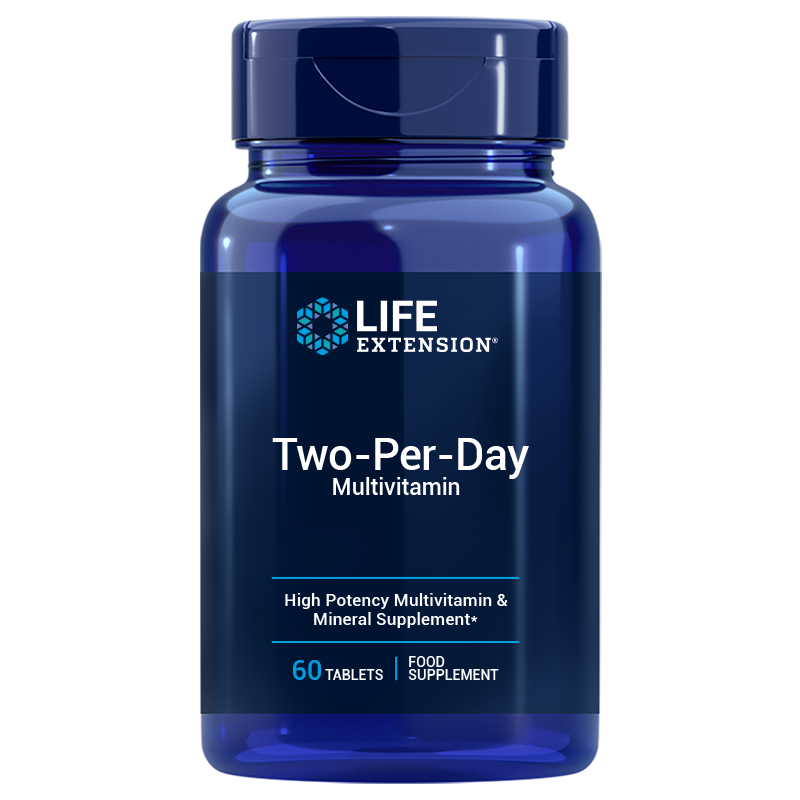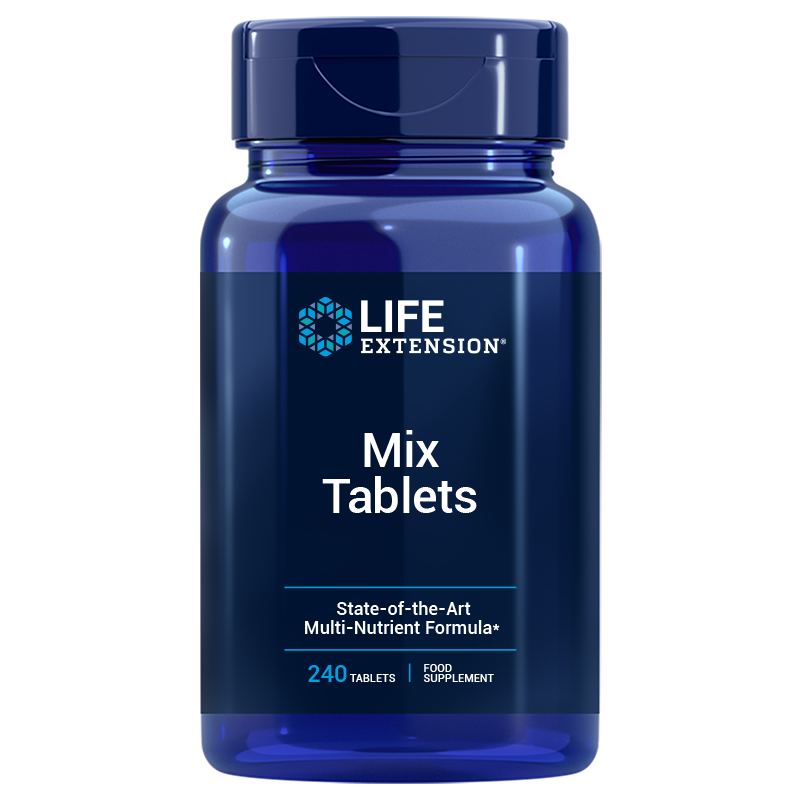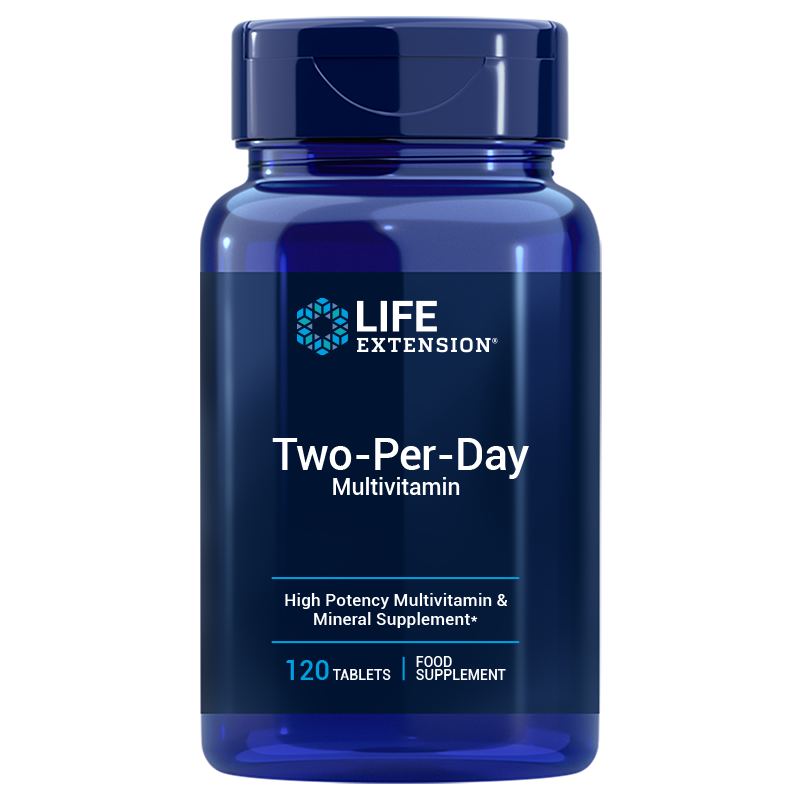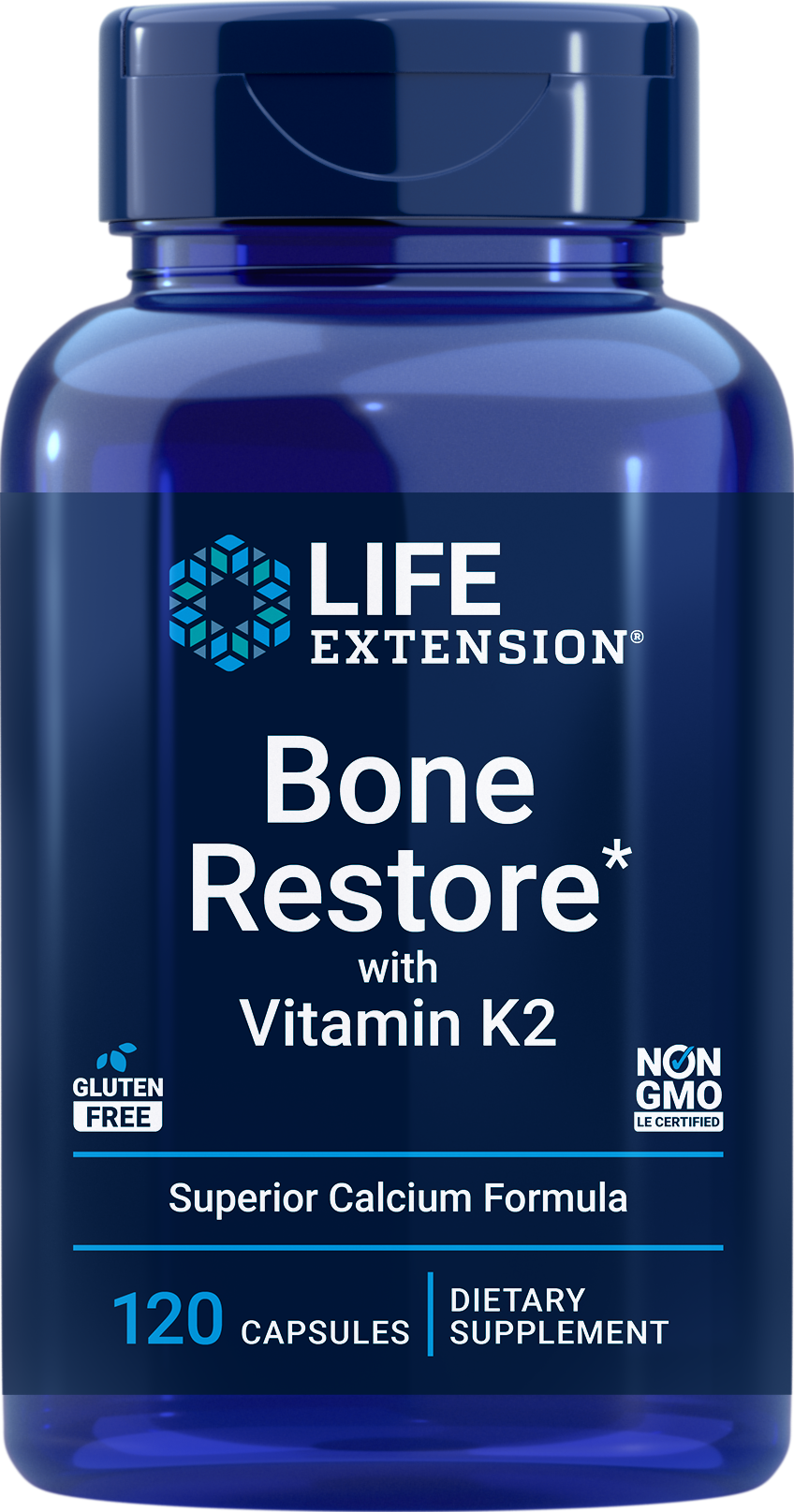
Boron
Boron is crucial for maintaining bone health.
The reason for this is boron's ability to prevent loss of calcium and magnesium from the bones.
What is boron?
Boron is a trace mineral found in the earth’s crust and in water in certain locations. It's importance in human health is widely underestimated.
Benefits of boron
While its impact on our well-being has been largely overlooked, studies indicate that boron is essential for optimal health, for the body to function properly.
Bone health:
- Boron is essential in building bone strength by metabolizing magnesium and calcium in the formation of bones.
- This mineral impacts both the density (quantity) and the inner layer (quality) of the bone.
- Studies have demonstrated how harmful a boron deficiency is, such as decreased bone volume fraction (a measure of bone strength), reduced thickness of the bone’s spongy inner layer, decline of maximum force needed to break the femur.
Anticancer effects:
Boron is also indicated to have anticancer properties, specifically In the lungs, the cervix and the prostate:
- Boron may interfere with the life cycle of HPV, benefiting cervical health in women. Turkey is a country with an extremely low incidence of cervical cancer, and scientists believe this can be partially attributed to its boron-rich soil.
- A study for 10 years on postmenopausal women showed that increased boron intake was associated with a lower risk of lung cancer.
- Ingestion of boron in men can prove long-term benefits on prostate health. Studies conducted both in animal and human cancer-cell lines point to boron’s ability to inhibit the growth and spread of prostate cancer cell.
Boron is also shown to:
- Positively impact the use of estrogen, testosterone, and vitamin D
- Support immune function and nervous system health
- Encourage antioxidant activity
- Promote cognitive performance and short-term memory in the elderly
- Support prostate health
- Promote healthy hormonal metabolism
Boron supplement
A dietary intake of 3 mg boron per day is recommended to confer clinical benefit. The amount of boron varies in the soil based on geographical location, and obtaining enough boron through diet alone can be difficult.
Supplementing with boron is therefore an effective way to maintain adequate levels.
Boron
Out of stock
See recommended product
Out of stock
See recommended product
Out of stock
See recommended product
Out of stock
See recommended product
Out of stock


